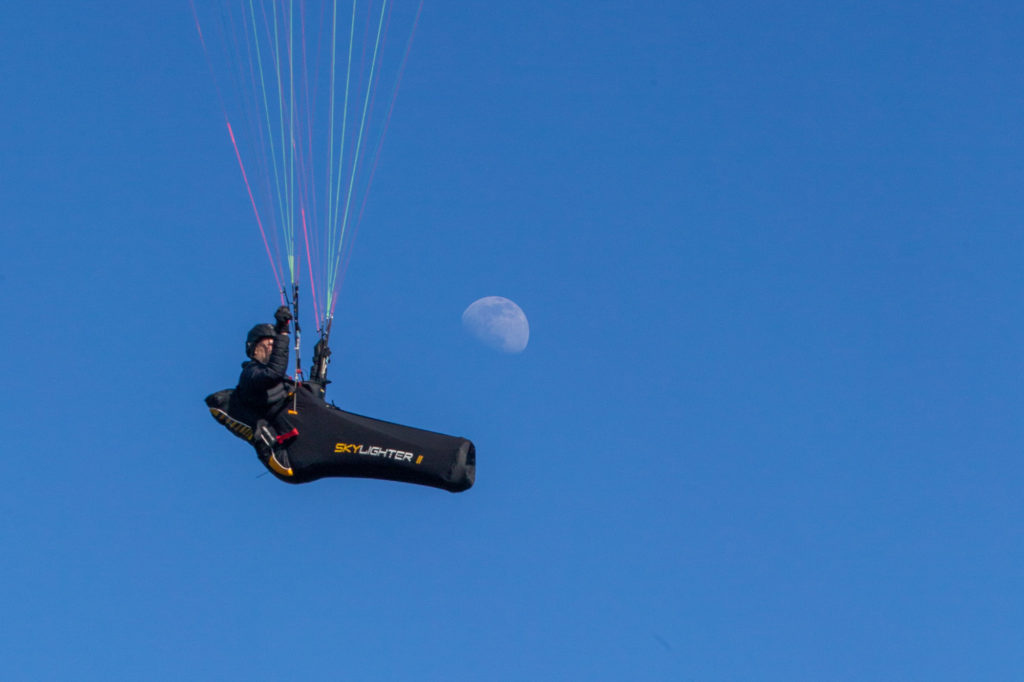Dear Reader,
I thought I’d let you know how I perceive our planet is doing this Earthday. I can only see a few things from where I sit and while there is much to celebrate, there seem to be some incongruities. I thought a couple worth mentioning.

You’ll know that sunlight doesn’t reach the ocean depths where hydrothermal vents pump minerals into the freezing cold, over-pressured waters. The microbes that live there take some of their energy from the weak radioactivity in the seabed rocks. The rest of the energy they need they get from digesting sulphides and other non-carbon compounds.
There’s a helicopter flying reconnaissance missions on Mars this week.
In a world of improbable stories, maybe you’d agree to a thought experiment. Perhaps our oceans are the pumping equivalent of vertebrate animal hearts. Perhaps plastic is the equivalent of artery blocking plaque. Maybe sharks are the equivalent of the white cells that defend animal vascular systems. The flora and fauna in the seas may well be the planet’s adaptive immune system. Maybe the oceans also have innate immunities, driven by the sun and maybe the hydrothermal vents play a role. And maybe, just maybe the biological defence system is vital. Just like your neutrophils?
Lynn Margulis followed James Lovelock in scoping the Gaia principle in the 1970s. Their idea was that all living organisms interact with their environment to form a synergistic and self-regulating, complex system. The biota do this in order to maintain and perpetuate the conditions for life on the planet. Maybe the authors weren’t so wrong after all.
Humans have been studying themselves for millennia and one aspiration is longevity. Some have convinced themselves that there’s life after death despite the lack of evidence. The same species has been studying the planet and one consequence may be resource depletion. Perhaps Planet B is the resurrected version. If not, perhaps we should be concerned by the depletion rate of a system that is more complicated than the human body. We tend not to see (or look) beneath the surface of the sea so we presume there’s little there to cause concern. And yet the bark of an unseen animal is often called a supernatural being?
‘We’ is a big word that might offend a reader or two. Such readers are rare as hen’s teeth: ‘we’ means the other seven or eight billion people with dreams of a better tomorrow and no way to see below the surface.
You don’t have much time, maybe a century. Your heart will beat until the plaque in your arteries restricts the flow or something else goes wrong. Perhaps the loss of marine diversity will prematurely kill our children’s children. Or our children. Or at current rates of depletion, maybe us.
Not everyone will qualify for the escape to Mars.
Meantime, can we send our nuclear waste to the nearest black hole? Perfect timing; we found a nice black hole in 2020 lurking in a star system that’s visible to the naked eye. QV Telescopii is reportedly a double or maybe a triple star system in the southern constellation of Telescopium. And it’s temptingly close, only about 1150 light years away. Unfortunately, the use of rockets to lift the waste into space increases the risk of contaminating the atmosphere in the event of an accident.
But we’re happy to build more nuclear weapons as if there was no risk of contaminating the atmosphere in the event of a conflict. Maybe that’s because the presence of the weapons will prevent such conflict.
I celebrate that the bloodletting fleam and leech are in retirement. I look forward to a change in treatment for the planet.
Happy Earth Day. Do yourself a favour and watch Seaspiracy. It’s a truly awful tale told very well.
Skeptically yours,
Walking Commentary

Great post, Simon, thank you.